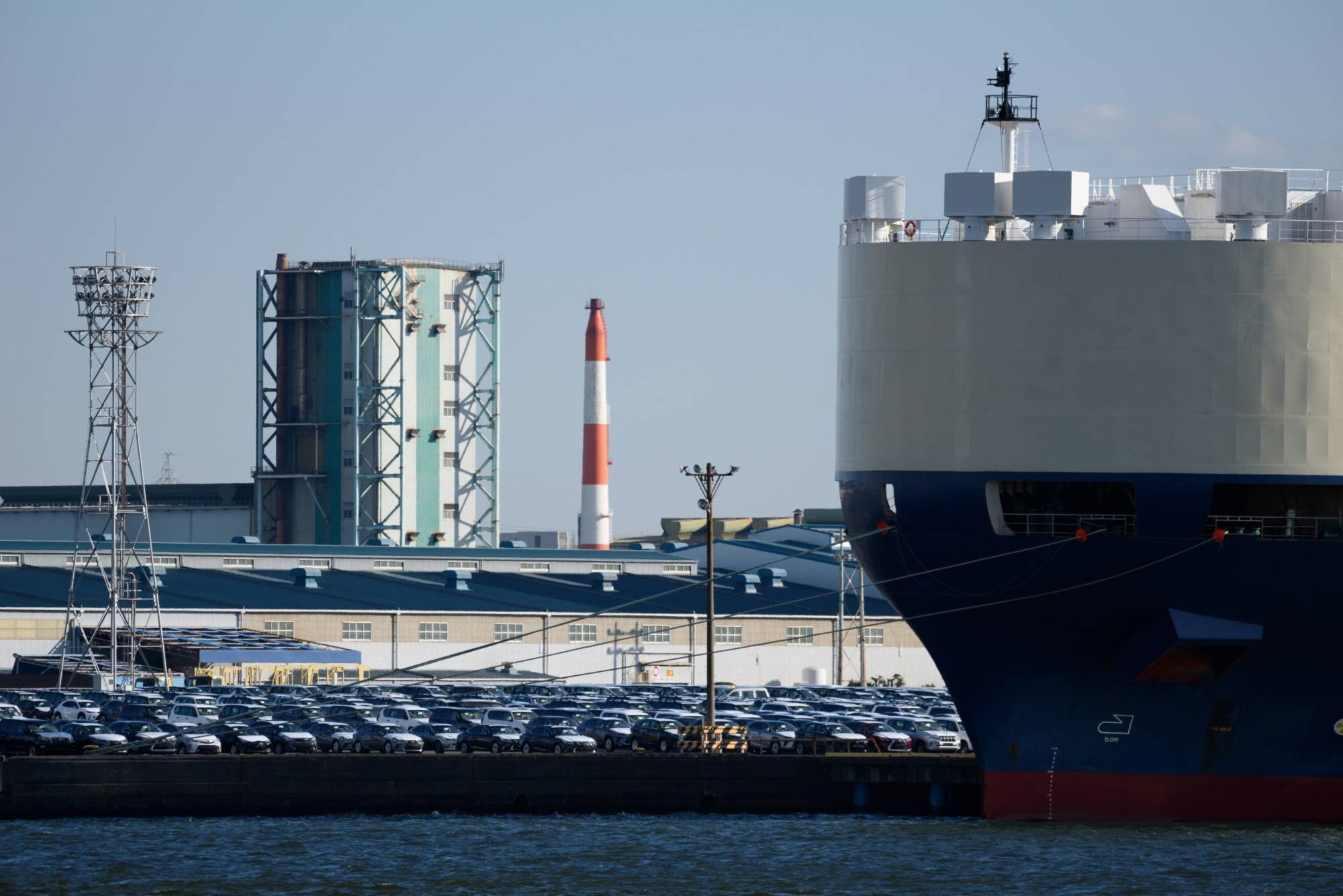Japan's current account surplus in May saw a more than twofold increase from a year earlier to ¥1.86 trillion ($13 billion), helped by record investment returns for the month and a smaller trade deficit due to a sharp drop in energy imports, government data showed Monday.
Exports, a key driver of the Japanese economy, marked their first year-on-year drop in 27 months amid fewer shipments to China and concern about slowing global economic growth. In all, Japan's trade deficit shrank 38.8% to ¥1.19 trillion.
The country was in the black for the fourth straight month, with returns on overseas investments a major contributor.
Japan saw a primary income surplus of ¥3.63 trillion, the largest-ever recorded for May, as rising overseas yields boosted interest earnings, according to the Finance Ministry.
In May, the value of exports dropped 2.8% to ¥7.24 trillion, while imports saw a larger 10.2% fall to ¥8.43 trillion, as energy imports ranging from crude oil, coal and liquefied natural gas declined.
Resource-scarce Japan has been hit by surging import costs of energy and raw materials, along with a weaker yen that has inflated their prices.
The dollar traded at ¥137.37 in May, 6.7% higher than in May 2022.
The yen's depreciation is seen as a plus for foreign travelers, who have more purchasing power. Japan has seen a revival of inbound tourism in recent months following the easing of COVID-related border control measures.
While Japan reported a bigger service trade deficit than a year earlier of ¥240.9 billion, its travel surplus increased nearly 8.5 times to ¥274.4 billion, the government's data showed.
A travel surplus means the amount of money foreign visitors spend in Japan exceeds spending by Japanese people overseas.




